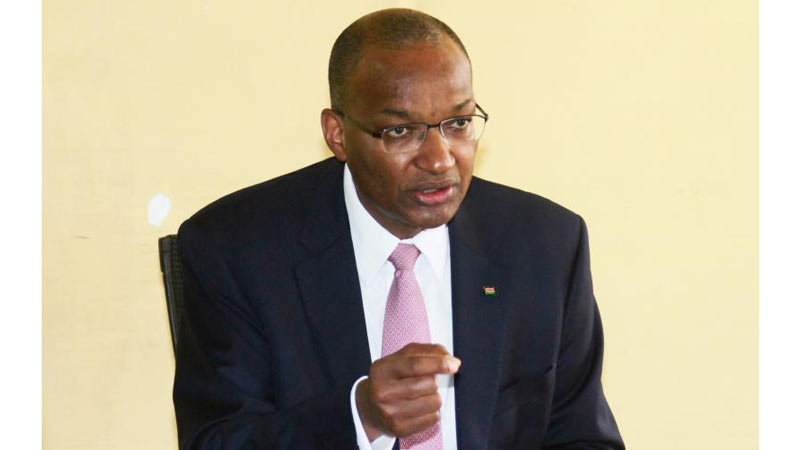×
The Standard e-Paper
Smart Minds Choose Us

Borrowers should brace themselves for tough times if Parliament heeds a plea from the Central Bank of Kenya (CBK) to scrap the law that caps interest rates.
While appearing before Parliament’s departmental committee on Information, Communication and Innovation on Thursday, CBK Governor Patrick Njoroge made a case against the Banking (Amendment) Act 2016 that capped lending rates at four percentage points above the Central Bank Rate (CBR).